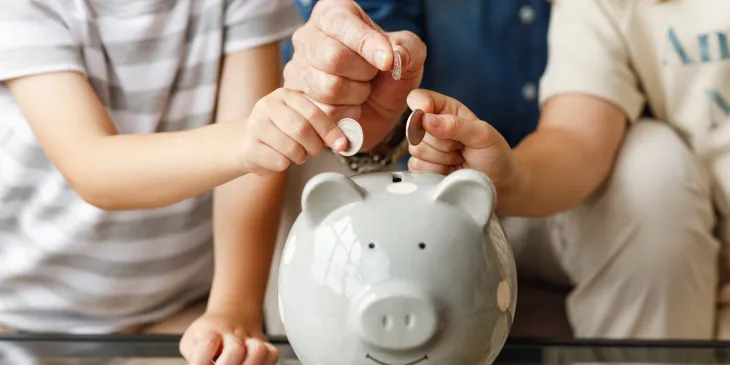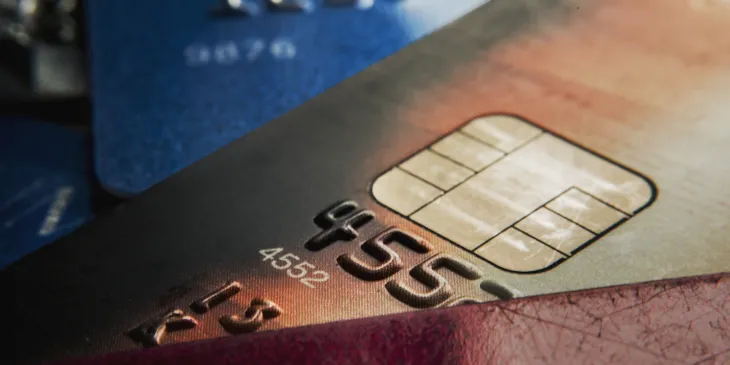
Credit is the ultimate catch-22. To get credit, you must have a credit history. Young people wanting to establish themselves financially often find themselves in this conundrum. They've never had a credit card, haven't purchased their own vehicle and are not a home-owner. In other words, they're invisible to the credit bureaus.
To help your children avoid this predicament, you can take steps to establish their credit history well before they are able to get a credit card on their own. Even more important than jumpstarting their credit history is the ability to use these tools to teach your teen the essential lessons of financial responsibility.
Here are some easy ways to help your teenager get on the path to a great credit score:
1. Teach them the basics.
Credit is a foreign concept to children and even some adults. A great way to prepare your teen for their financial future is by explaining what credit is, why it is important, and how easy it is to make mistakes. Building a solid foundation early on is important in preparing them for financial independence. A credit card can sound a lot like free money to a young adult, so it is critical to explain to them what it entails in simple and easy-to-understand concepts. A great place to start would be with topics like checking accounts, savings accounts, and what credit is composed of (ex. monthly payments, credit limits, and interest).
2. Add your teen as an authorized user on your credit card.
If you have good credit yourself, you may consider adding your child as an authorized user on your own credit card. Most credit card issuers do not have an age minimum or credit check associated with authorization, which makes it a great opportunity to build their credit by just doing your normal spending.
3. Obtain a secured credit card.
A secured credit card is a great option to establish credit. This type of credit card can be made in your teenager's name and are used just like a typical credit card. The biggest difference is that the card is backed by a cash deposit. The deposit is used as collateral if the holder defaults on payments. You can use this concept as a great teaching tool about credit. Have your teen save up cash to back their own card. Using a credit card responsibly will be more meaningful to them if they know that their hard-earned cash is behind it! The card's initial credit limit will be the same as the cash deposit so it is easy to limit their spending.
4. Put an account with a regular payment in their name.
Payment history is an important part of a credit report. You can put a utility bill or some other type of regular payment in your teenager's name– even if they are not paying for it out of their pocket.
These are just a few ways to help your young adult a head start on their credit journey and to educate them for the future. Regardless of if you're ready to establish their credit yet, it is never too early to teach your kids how to be responsible with money. It is a lesson they'll be sure to carry with them into adulthood.




